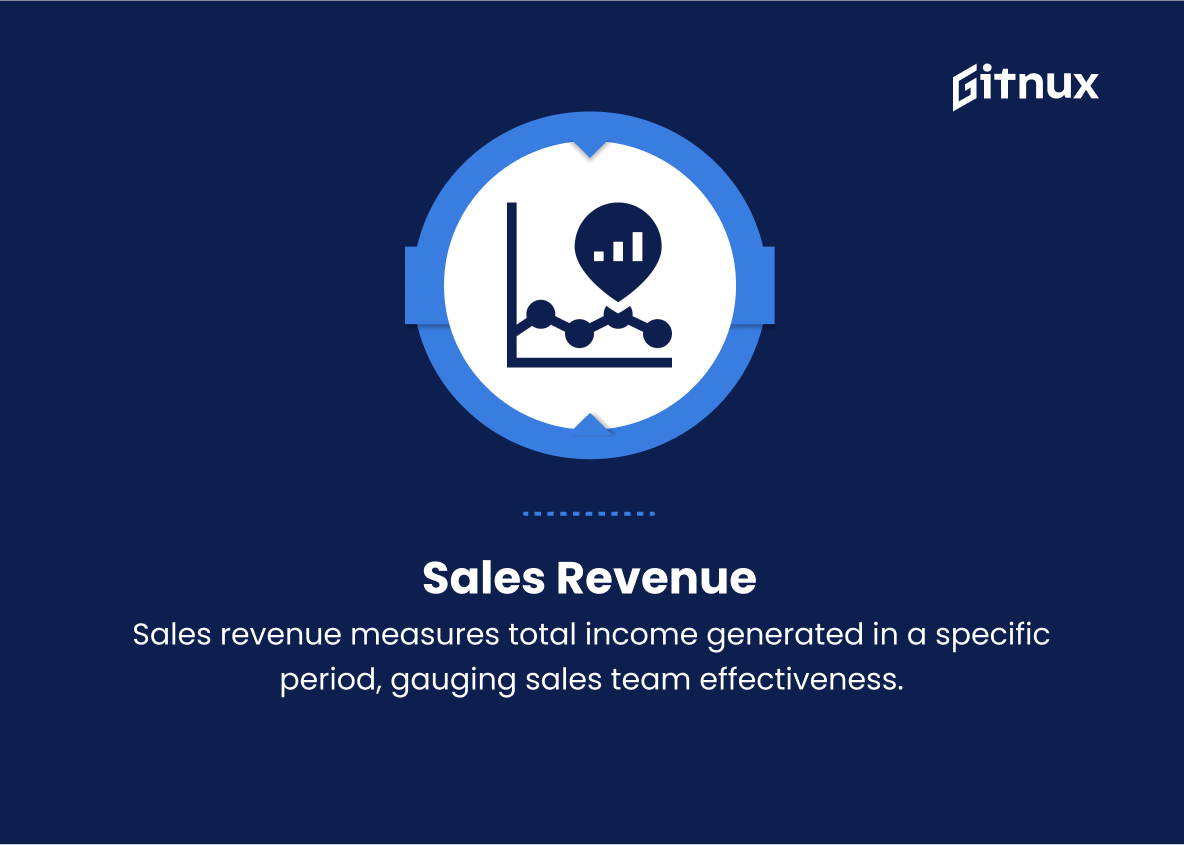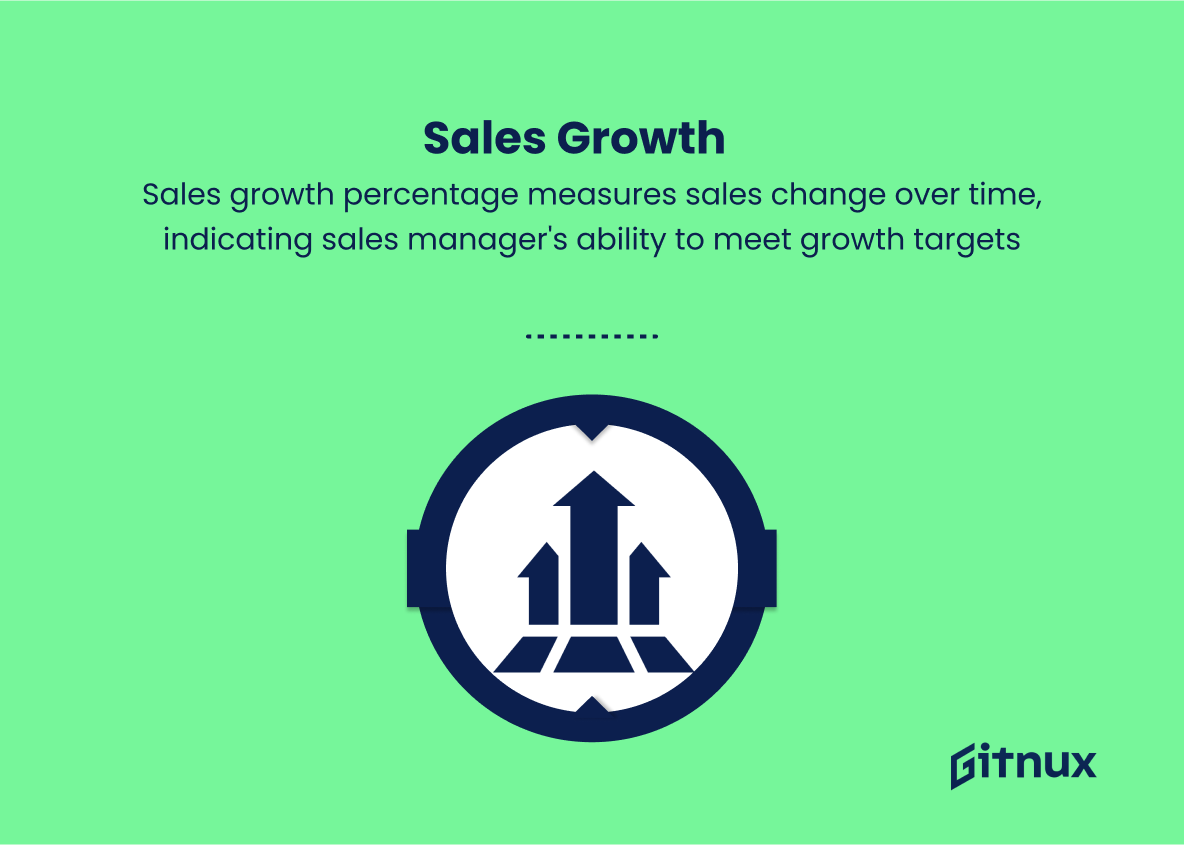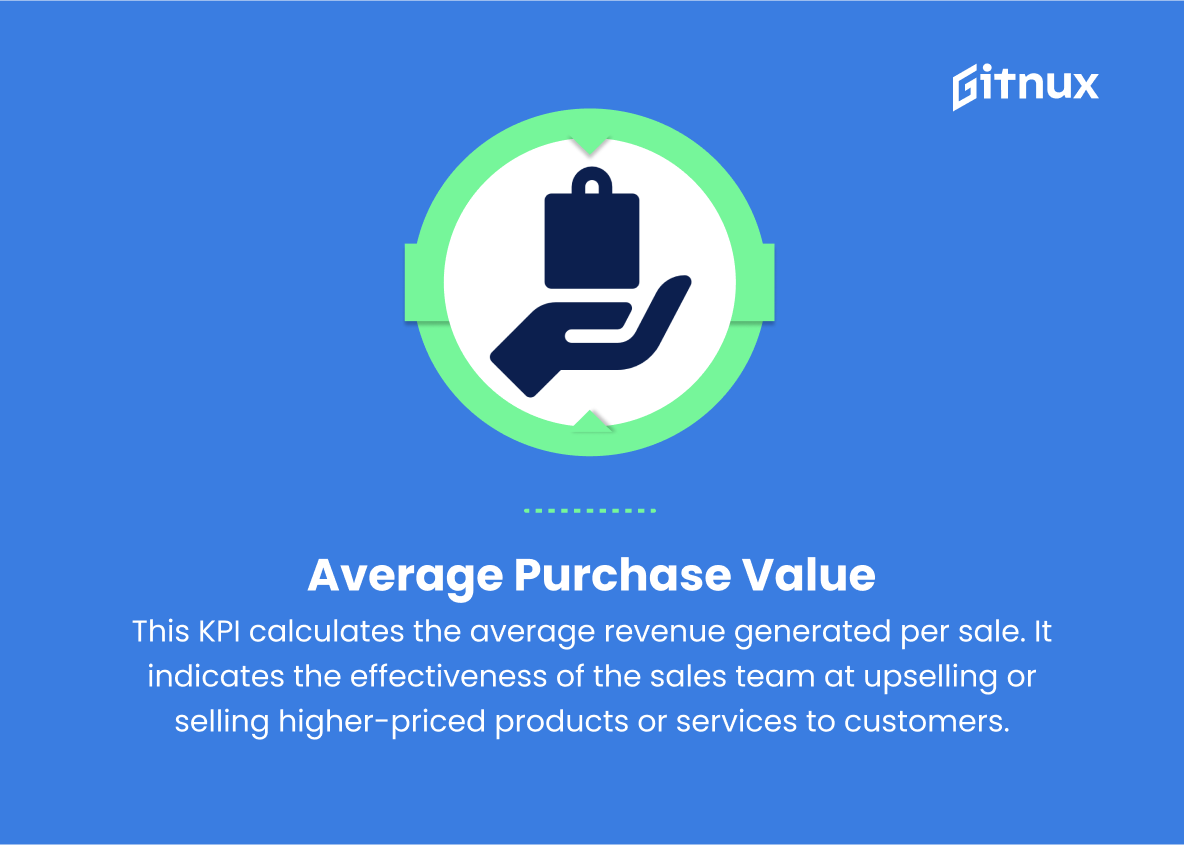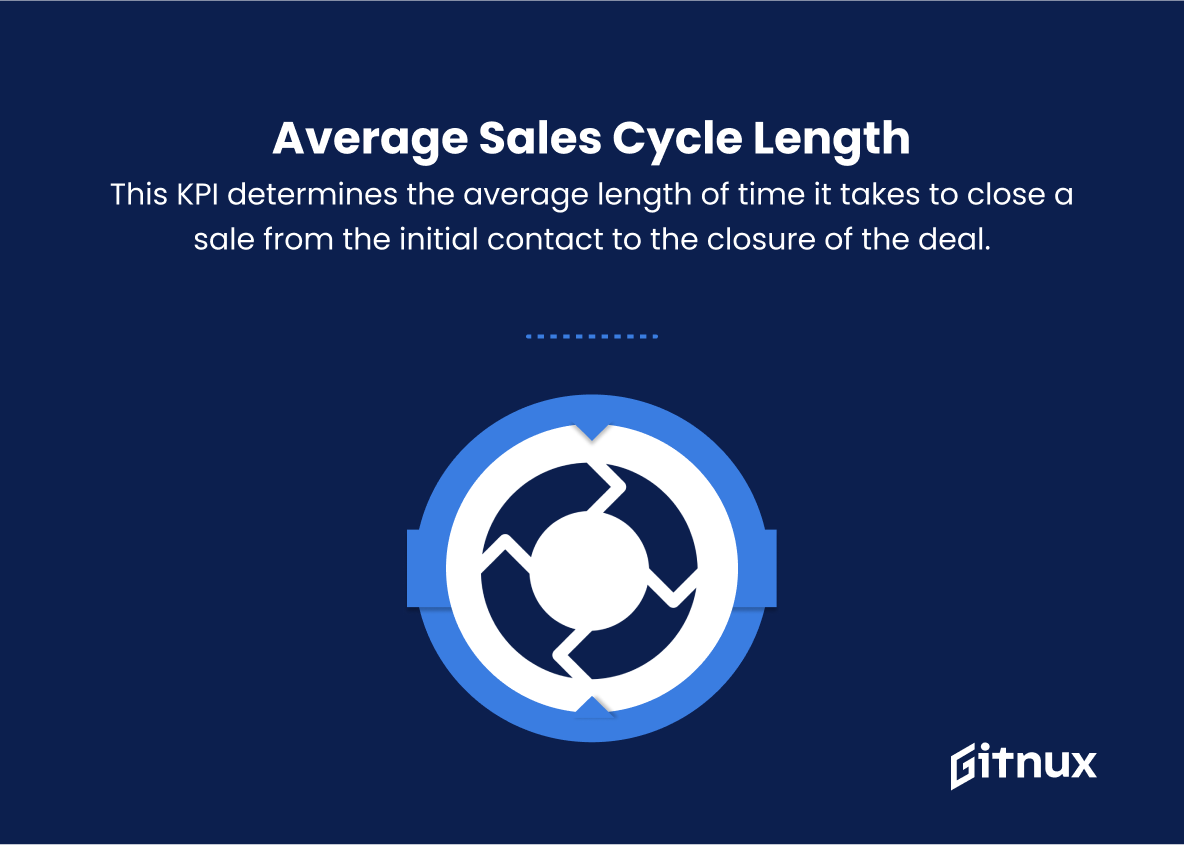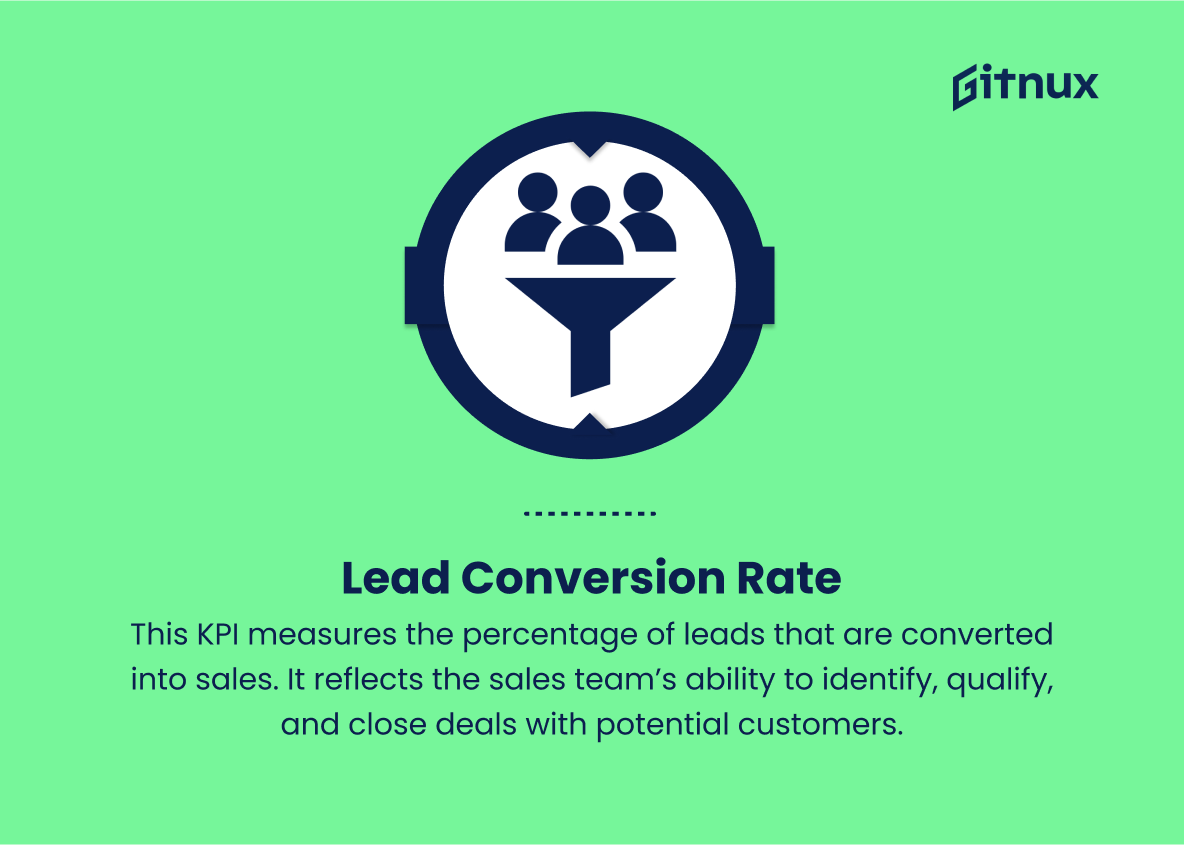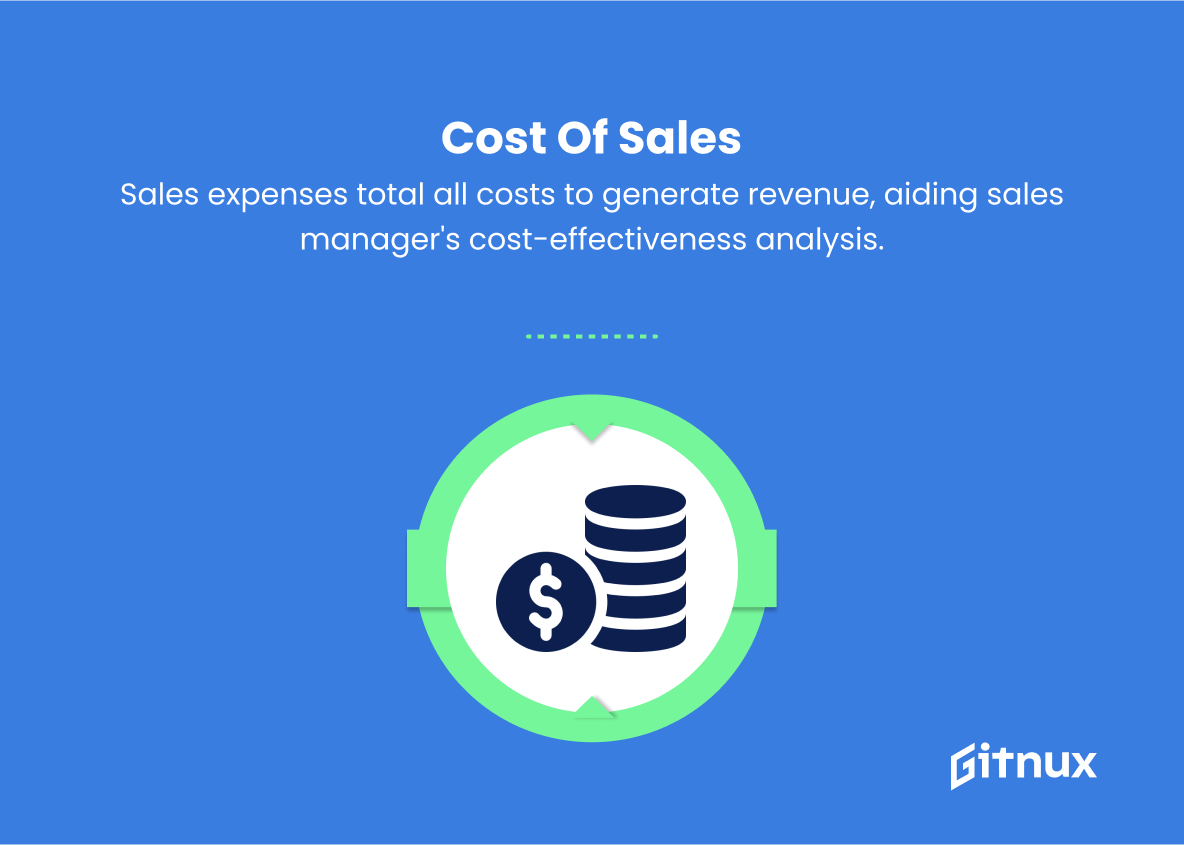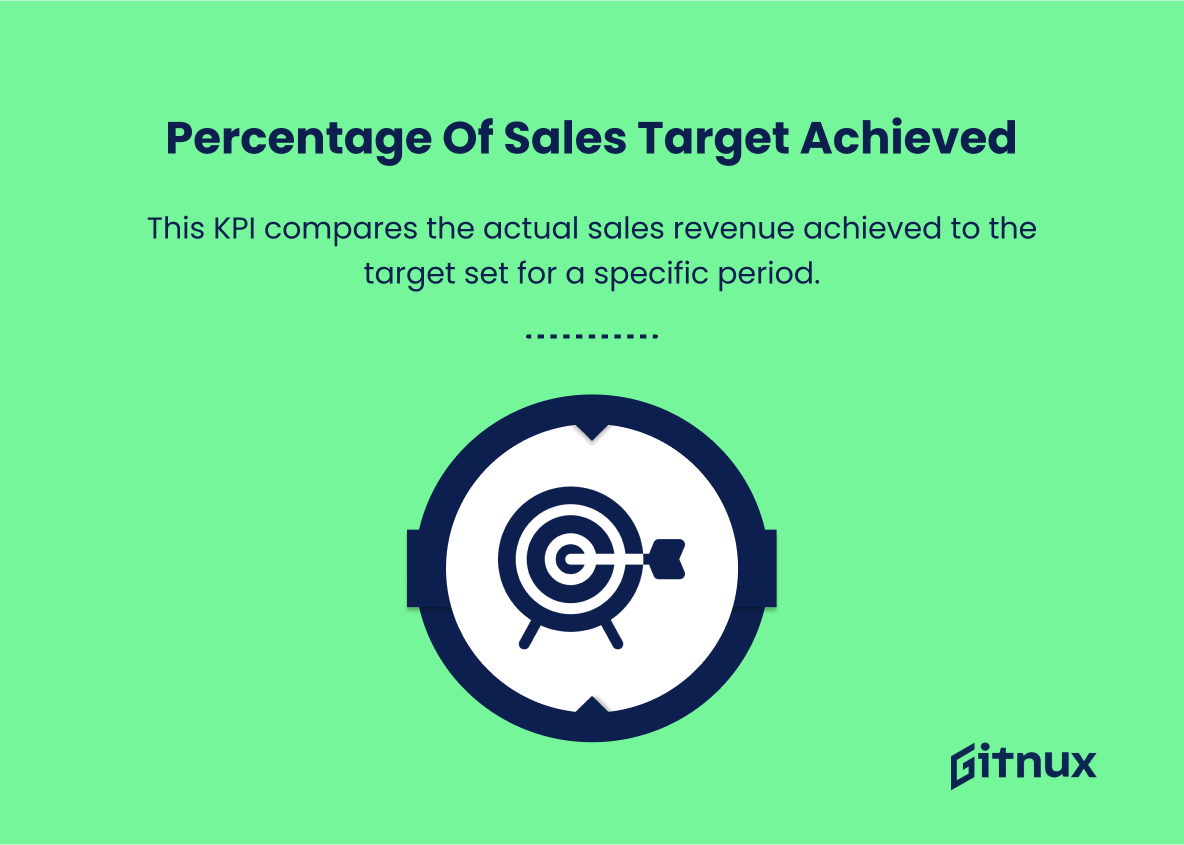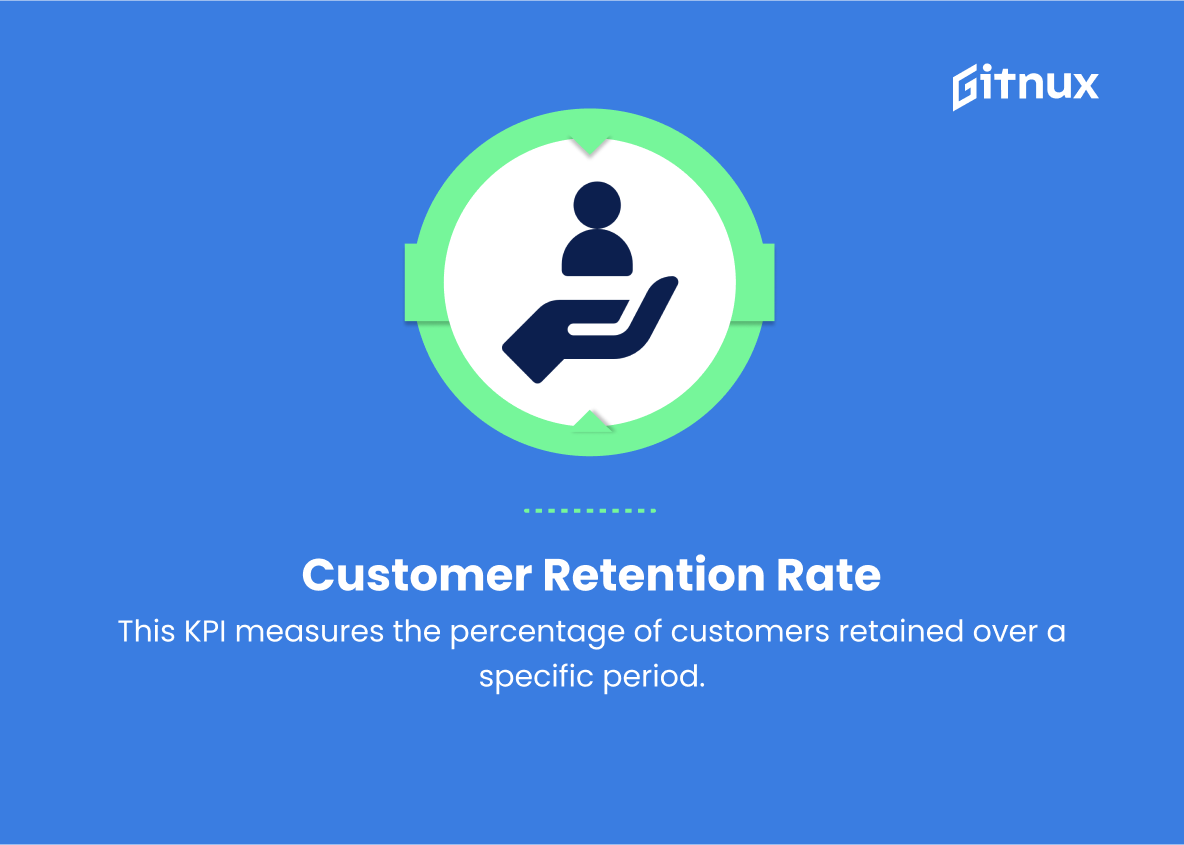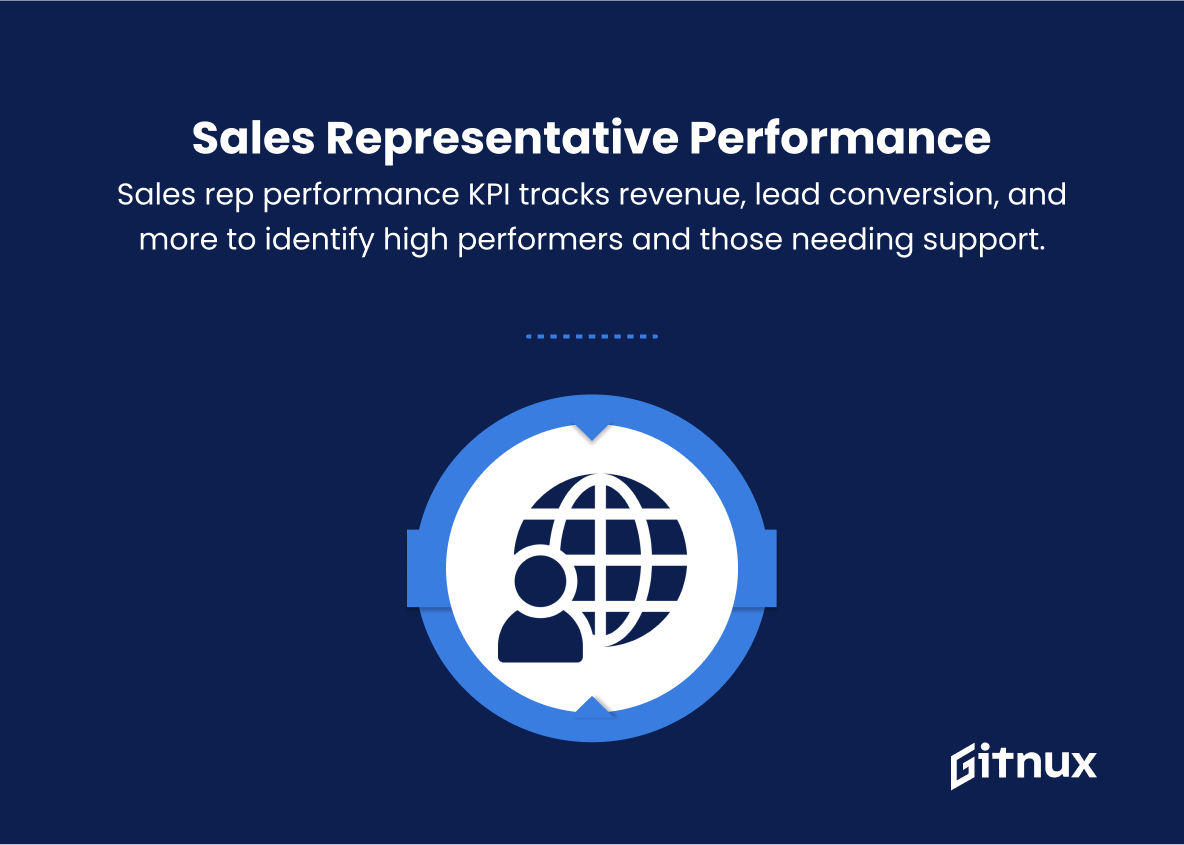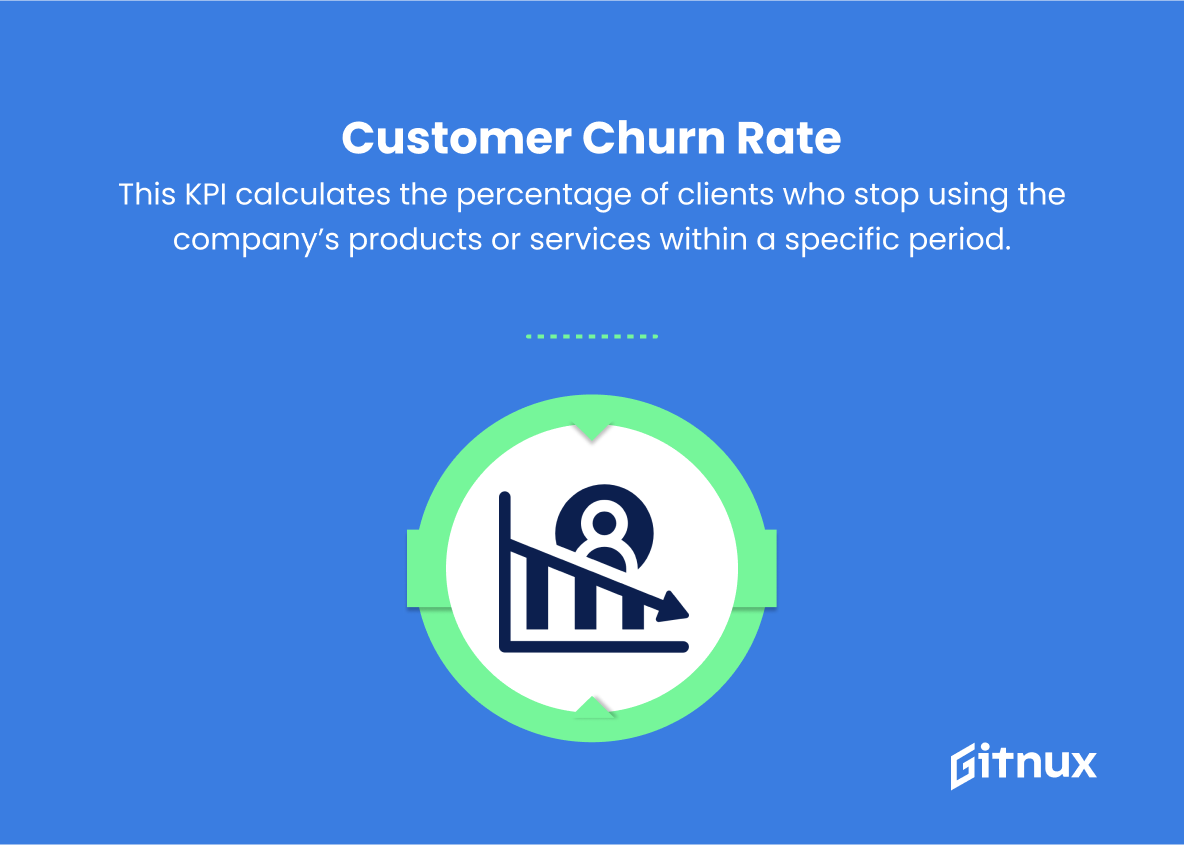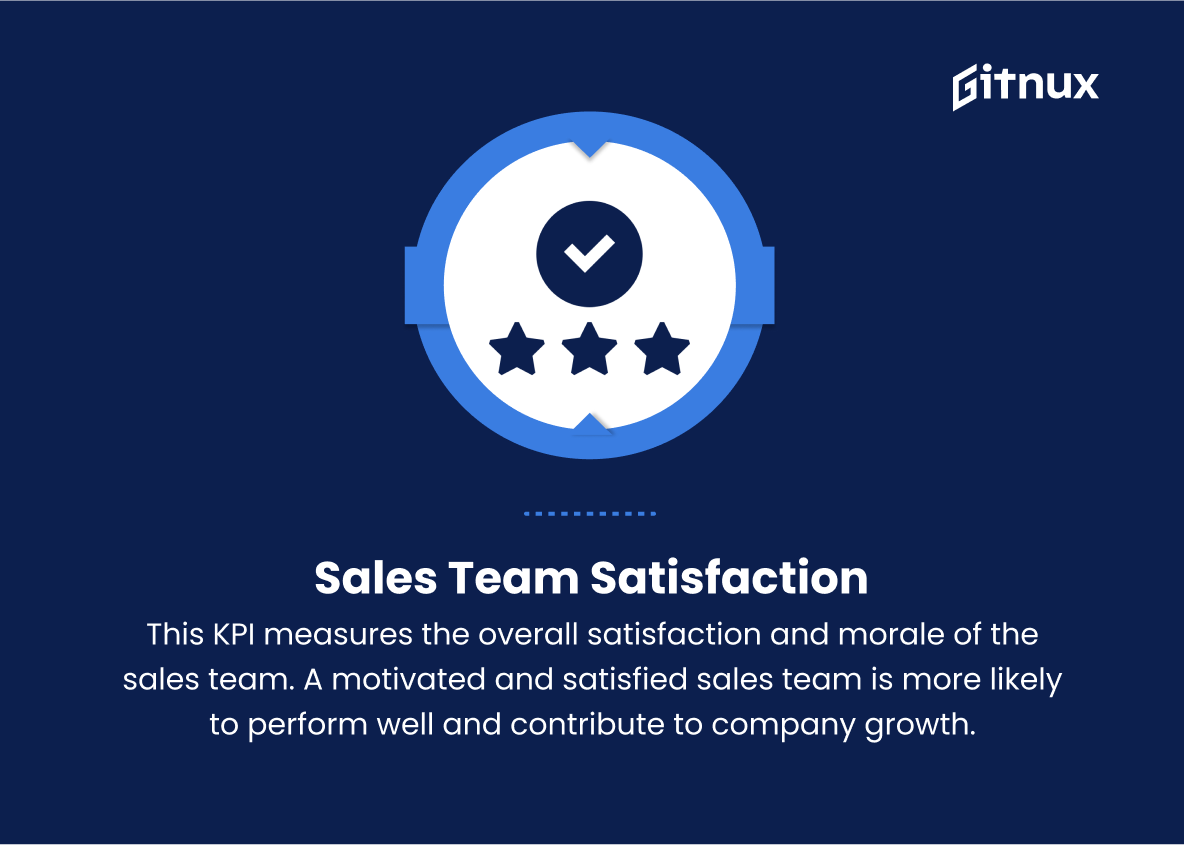In today’s competitive and rapidly evolving business environment, effective sales management is critical to driving growth and ensuring long-term business success. One of the key aspects of successful sales management is the ability to measure and analyze performance through carefully selected key performance indicators (KPIs).
For sales managers, a deep understanding of these KPIs can not only provide valuable, data-driven insights into their team’s productivity and efficiency, but also help them make informed decisions and implement targeted strategies to continually improve results. In this blog post, we will explore the key sales manager KPIs, discussing their importance and how they can improve sales operations and optimize results.
Sales Manager KPIs You Should Know
1. Sales Revenue
This KPI measures the total revenue generated by the sales team during a specific period. It helps determine the overall effectiveness of the sales team in generating income for the company.
2. Sales Growth
This KPI tracks the percentage increase or decrease in sales over a period of time. It gauges the ability of the sales manager to grow sales consistently and meet the growth targets set by the company.
3. Average Purchase Value
This KPI calculates the average revenue generated per sale. It indicates the effectiveness of the sales team at upselling or selling higher-priced products or services to customers.
In today’s competitive and rapidly evolving business landscape, effective sales management is crucial for driving growth and ensuring a company’s long-term success.4. Average Sales Cycle Length
This KPI determines the average length of time it takes to close a sale from the initial contact to the closure of the deal. A shorter sales cycle usually means a more efficient sales process.
5. Lead Conversion Rate
This KPI measures the percentage of leads that are converted into sales. It reflects the sales team’s ability to identify, qualify, and close deals with potential customers.
6. Cost of Sales
This KPI calculates the total expenses incurred by the sales team to generate revenue, including salaries, commissions, training, and other sales-related expenses. It helps the sales manager in analyzing the cost-effectiveness of the sales team.
7. Customer Acquisition Cost
This KPI considers the average cost of acquiring a new customer. It includes marketing, sales, and other related expenses, providing insights into the return-on-investment (ROI) of sales and marketing campaigns.
The importance of Sales Manager KPIs lies in their ability to assess various aspects of sales performance and drive improvements in revenue generation and customer relationships.8. Percentage of Sales Target Achieved
This KPI compares the actual sales revenue achieved to the target set for a specific period. It helps assess the sales team’s effectiveness in meeting their objectives or goals.
9. Customer Retention Rate
This KPI measures the percentage of customers retained over a specific period. A high retention rate indicates strong customer relationships and effective after-sales service.
10. Sales Representative Performance
This KPI assesses the individual performance of sales representatives by tracking their revenue generation, lead conversion rate, or other relevant metrics. It helps identify high-performing team members and those who may need additional training or support.
11. Sales Call Activity
This KPI tracks the number of sales calls made by the sales team, assessing their productivity and ability to create opportunities.
12. Customer Churn Rate
This KPI calculates the percentage of clients who stop using the company’s products or services within a specific period. Monitoring the churn rate helps identify potential issues in customer satisfaction and address them proactively.
13. Sales Team Satisfaction
This KPI measures the overall satisfaction and morale of the sales team. A motivated and satisfied sales team is more likely to perform well and contribute to company growth.
Sales Manager KPIs Explained
The importance of Sales Manager KPIs lies in their ability to assess various aspects of sales performance and drive improvements in revenue generation and customer relationships. Revenue and Revenue Growth KPIs provide insight into the overall effectiveness of the sales team in generating revenue, while Average Purchase Value and Average Sales Cycle Length help evaluate the efficiency of the sales process. Lead Conversion Rate and Cost of Sales are critical in determining deal closure and cost effectiveness.
Customer Acquisition Cost provides insight into the ROI of sales campaigns, while Sales Target Achievement and Sales Representative Performance measure alignment with company goals. Customer Retention Rate and Churn Rate show the effectiveness of customer relationships and highlight areas for improvement. Finally, Sales Call Activity and Sales Team Satisfaction serve as valuable indicators of team productivity and morale, which contribute to overall business growth.
Conclusion
In summary, sales manager KPIs are critical to measuring the overall performance, effectiveness, and success of a sales team. By carefully tracking and analyzing these key performance indicators, a sales manager can make informed decisions, inspire his or her team, and drive business growth. It is important to select the right KPIs for your organization, monitor them regularly, and use the data to continually improve your sales processes.
Remember, KPIs are not just numbers; they are the compass that guides your sales team to achieve your company’s strategic goals. By focusing on these key metrics, you can maximize your team’s potential, stay ahead of the competition, and ensure the long-term success of your business.
